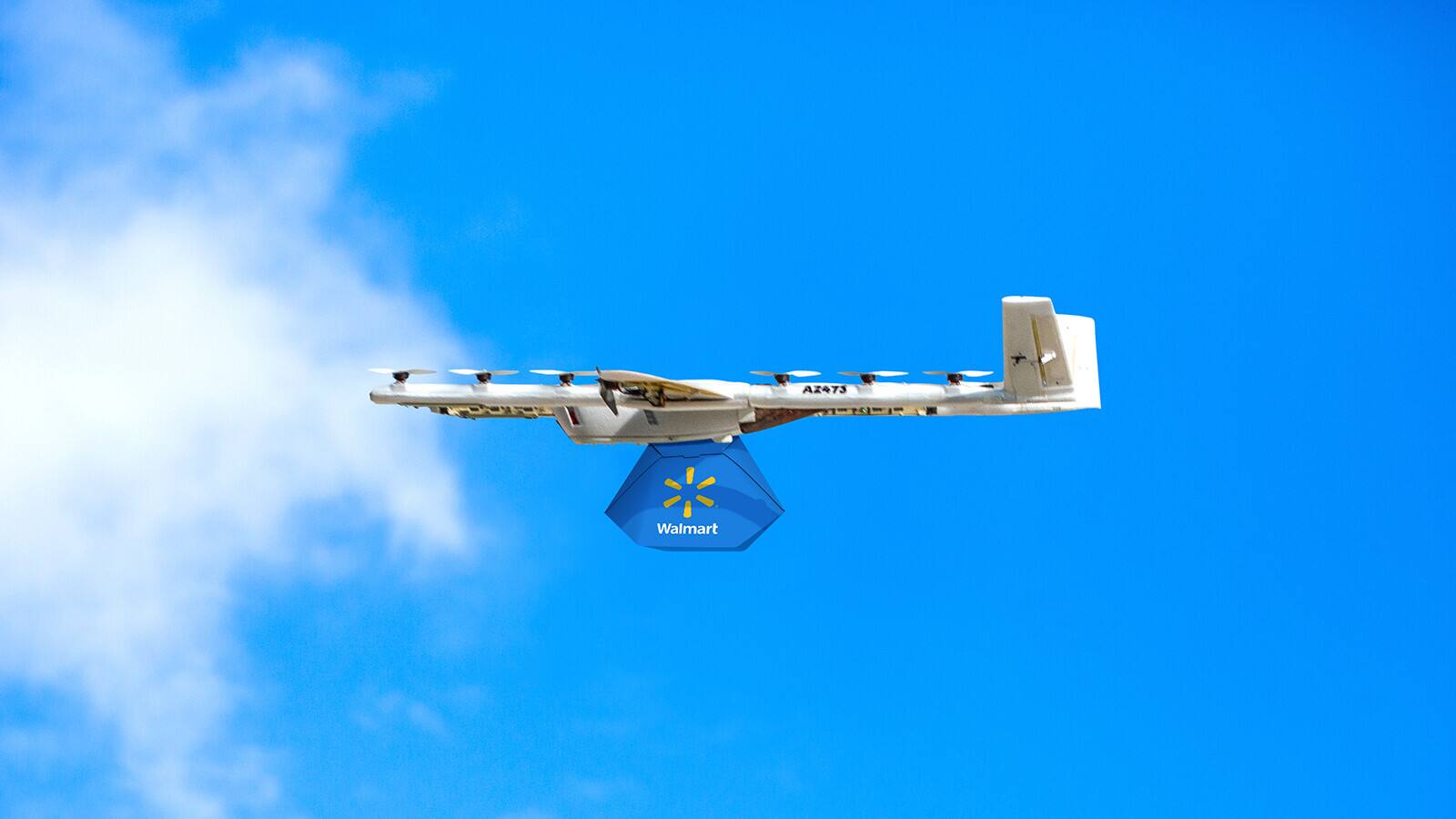
What happens when you shoot down delivery drones
What's the story
A recent incident in Clermont, Florida has brought the legal implications of shooting down delivery drones into sharp focus. Dennis Winn was arrested after allegedly shooting down a Walmart drone conducting delivery demonstrations. According to the Lake County Sheriff's Office, Winn admitted to the act, stating it wasn't his first encounter with drones flying over his home. He now faces charges of discharging a firearm and "criminal mischief" resulting in damage exceeding $1,000 (around ₹83,400).
Financial impact
High costs of drone damage
Walmart estimated the damage caused by Winn's actions to be around $2,500 (roughly ₹2.08 lakh), primarily involving the drone's payload system. The cost of drone delivery is significant due to years of research and development and limited scalability. In 2022, Amazon reportedly spent $484 (approximately ₹40,400) for every delivery made by a Prime Air drone. Despite a decrease since then, it remains nearly 20 times the price of an average ground delivery.
Legal framework
FAA guidelines and legal consequences of drone shootings
The Federal Aviation Administration (FAA) has provided some guidance on the legal consequences of shooting down a drone. In response to a 2016 drone shooting in Arkansas, the FAA referred to 18 U.S.C. 32, a law titled "Aircraft Sabotage." This law, which addresses the destruction of any aircraft used in interstate or foreign air commerce, can be interpreted to include unmanned aerial vehicles (UAVs).
Legal uncertainty
Future implications of drone shootings in the US
In a 2020 Minnesota incident, the suspect was charged with felony crimes related to criminal damage, and discharging a weapon within city limits. These charges are applicable in most scenarios involving property damage caused by shooting down drones. As drone delivery becomes more widespread, the role of federal legislation like 18 U.S.C. 32 in UAV shootings might become clearer, potentially leading to penalties including fines and up to 20 years in prison.